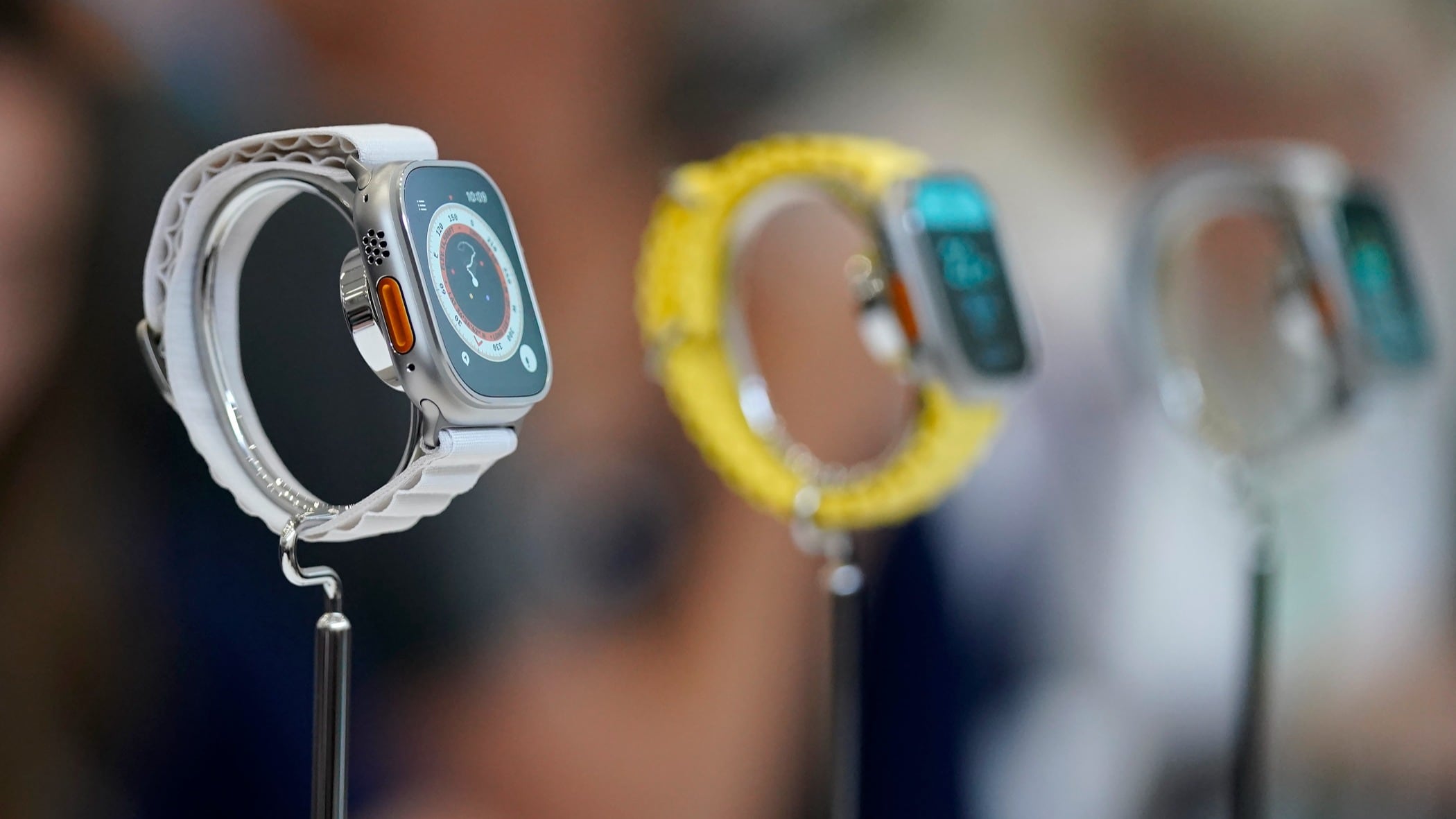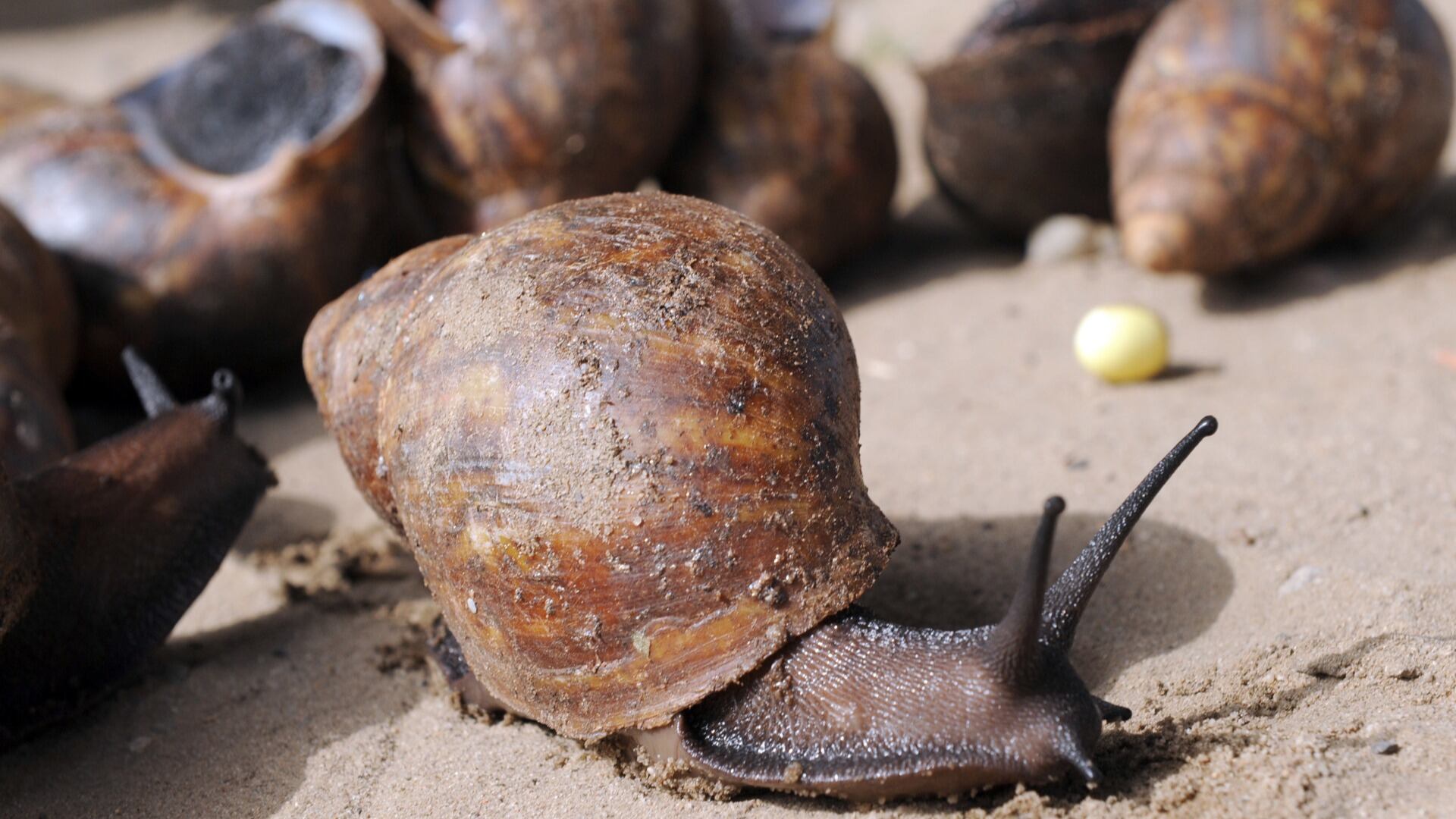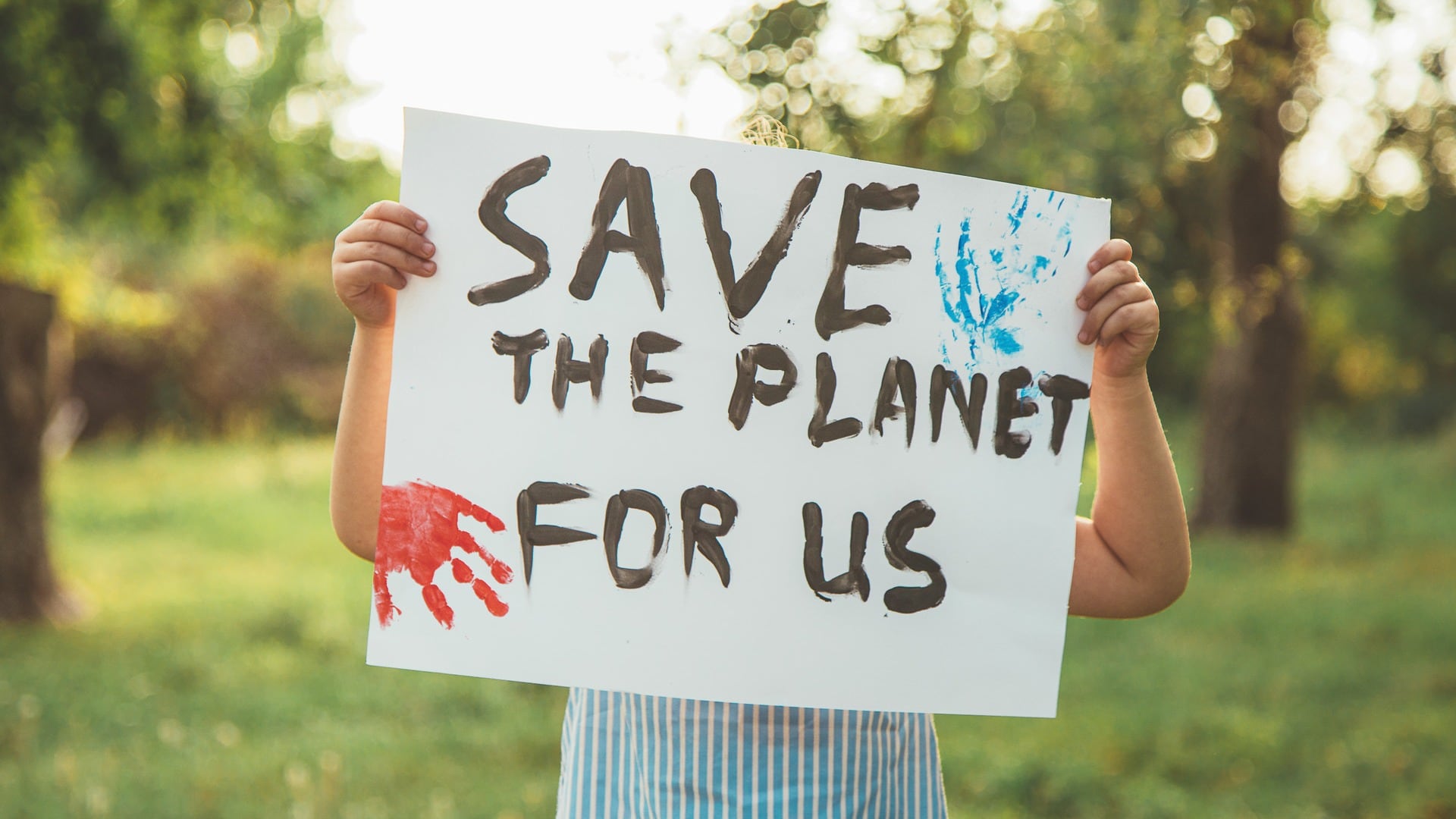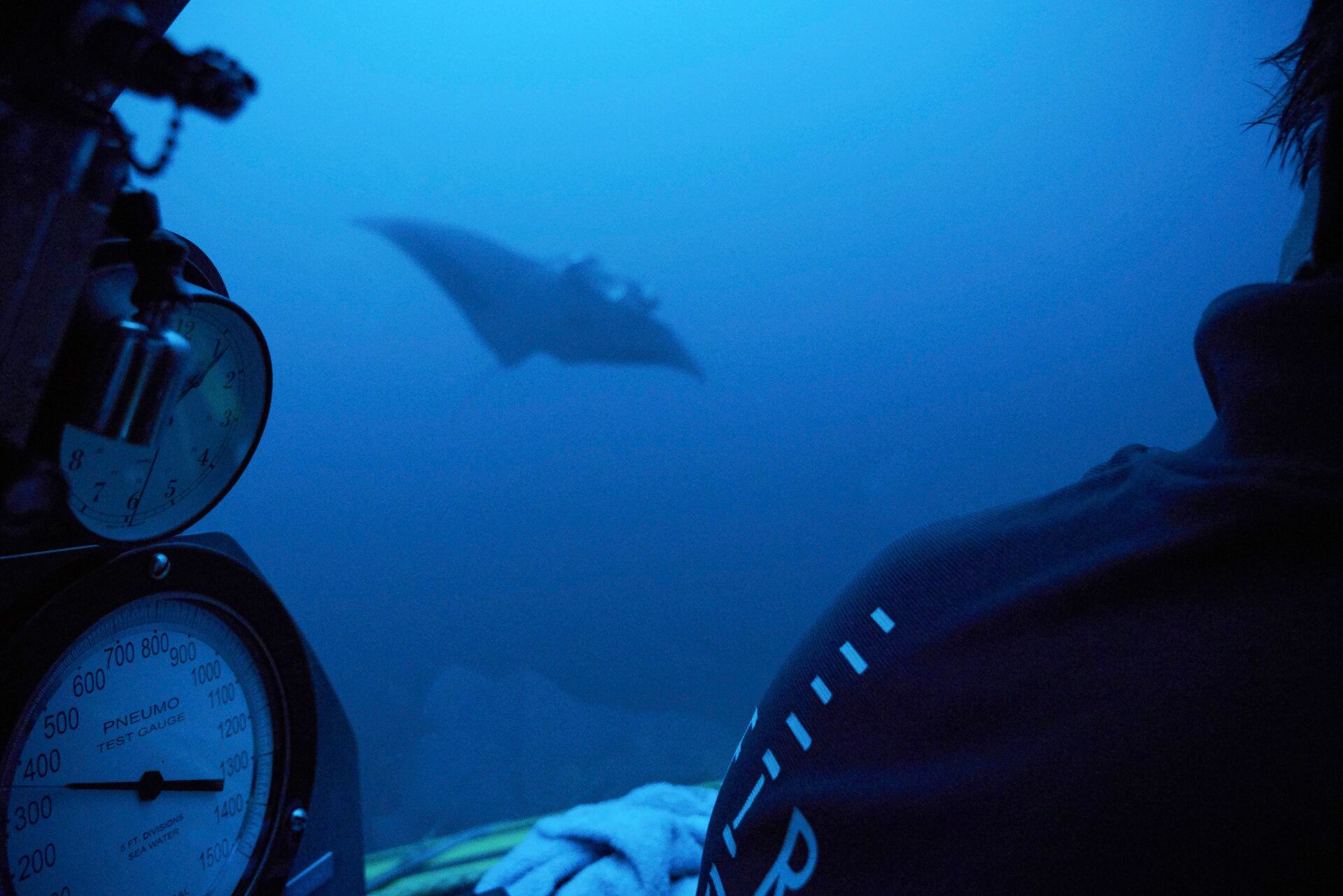West Virginia University hopes students are returning to campus with added peace of mind thanks to the school's coronavirus research. WVU's Rockefeller Neuroscience Institute says it can now predict COVID-19 symptoms up to three days in advance with 90 percent accuracy.
"We're deploying a new technology that uses a wearable ring and an app that you put on your phone that allows us to predict the onset of viral symptoms," Dr. Ali Rezai, executive chair of WVU's Rockefeller Neuroscience Institute told Cheddar. The ring is able to track multiple bodily functions like heart rate, temperature, and respiratory rates.
The accessory is used in conjunction with an app called NOVID, the first anonymous contact tracing app in the U.S. It uses ultrasonic technology to track how close users are to other people and can alert them when they've been in contact with someone who tested positive for the virus. NOVID's creators say the ultrasonic technology is more accurate than Bluetooth or GPS technology when it comes to contact tracing.
WVU is only able to predict these outbreaks thanks to a recent study that focuses on the days before a person shows symptoms, but is already infected and spreading the virus. WVU has been studying what happens inside the human body during this asymptotic phase for the past five months. The research involved more than 1,000 individuals, including healthcare professionals and people on the front lines of the pandemic.
"The key is this asymptomatic phase where you feel fine, yet you are spreading the virus," Dr. Rezai said.
By giving students and faculty the feedback that they may be infected, the school is hoping it can prevent outbreaks before they happen. "This allows individuals to get feedback from the machine learning technology that allows them to be in-the-know and be smarter about the fact that they're going to have, three days from now, symptoms of COVID-related illnesses," said Dr. Rezai.
The study is now happening on campus, involving the adults that are most susceptible to the virus. "We're using this for faculty, teachers, maintenance workers, cafeteria workers, athletic personnel, and all the individuals that are interacting with the students in a study of 300 individuals," he said.
Right now WVU is enacting a phased reopening of campus, with just freshmen and other students whose classes require in-person training like labs.
"Everybody has been undergoing training and awareness campaigns from the time before you start, to ongoing additional emails and texts," Dr. Rezai told Cheddar.












